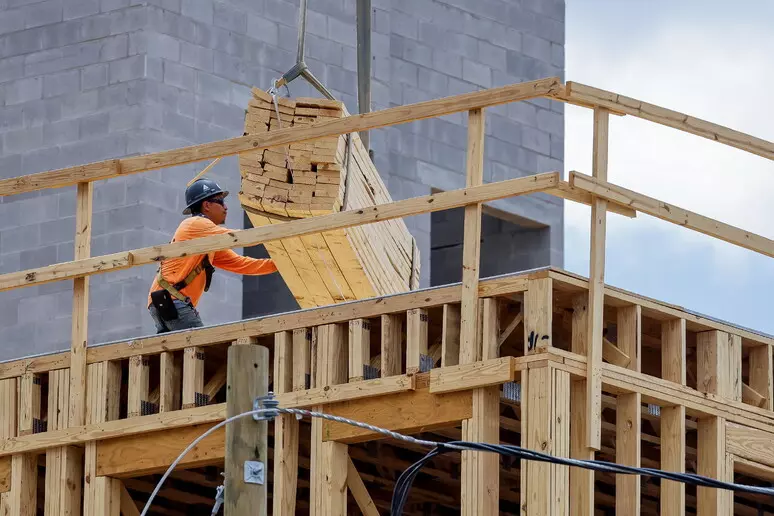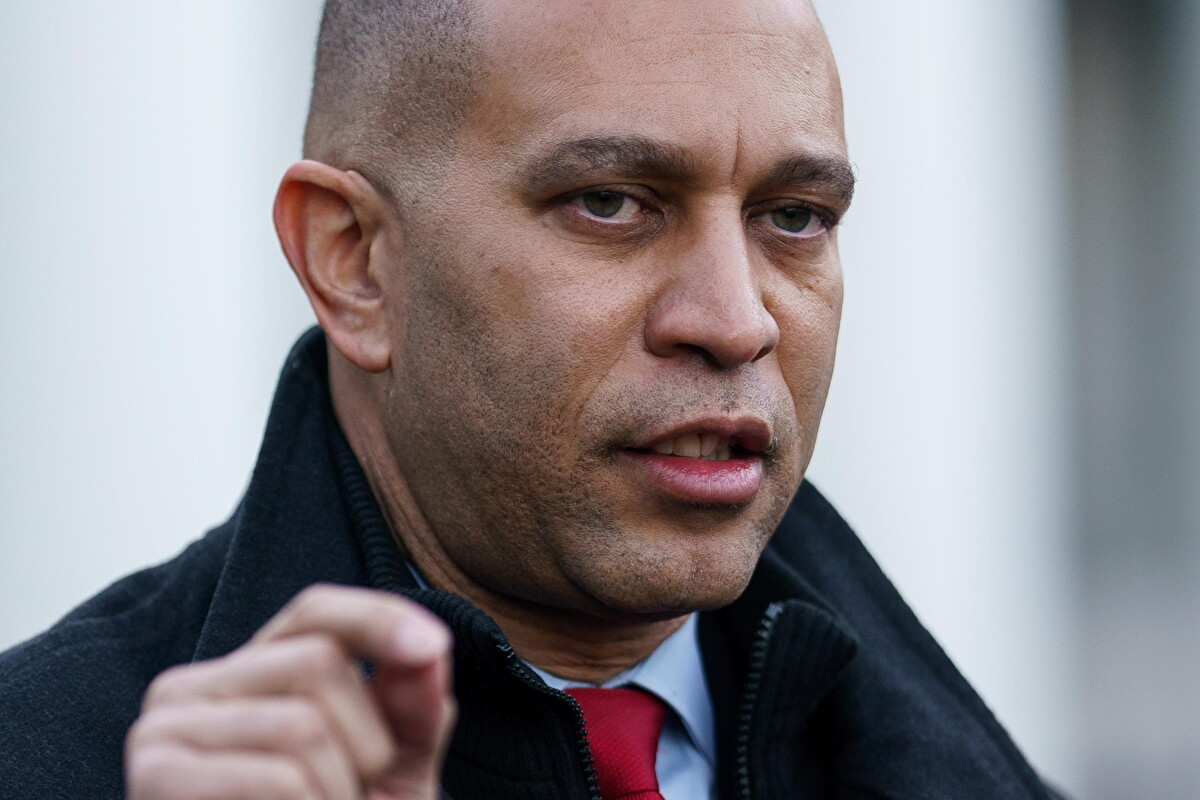Despite the Trump administration’s harsh anti-immigration rhetoric and promises of mass deportations, migrant labor–even those without legal status–continues to support key sectors of the U.S. economy, writes the Wall Street Journal.
According to data from the Census Bureau, the government agency that collects and analyzes demographic and economic data on the U.S. population, employment among foreign-born workers increased 0.1 percent from January to April and 4.4 percent from a year earlier.
Although arrivals from the southern border are down, there are no signs of serious labor shortages emerging. “The fear is there, but we have to pay rent and bills,” says an undocumented Mexican bricklayer who has been in the United States for 25 years. “What alternative do we have?”
Even in cities like Washington, where raids are feared, many continue to work out of necessity. “What we have to do is work, work, work and earn, earn, earn, because we don’t have much time,” says a young 29-year-old Venezuelan who delivers for Uber Eats up to 15 hours a day. He has a pending asylum claim, but has no illusions: “I’m not going to keep learning English just so I can go back to Venezuela and speak English to animals.”
Sectors such as construction, catering, and green maintenance–which rely heavily on migrant workers–report no significant difficulties in finding staff.
Many migrants work tirelessly to put aside as much money as possible, fearing imminent deportation. However, there are no widespread employment crises, even in agriculture or industry. As the American Farm Bureau Federation notes, “we are not aware of widespread disruptions in agricultural operations due to employee absenteeism.”
Meanwhile, growing fear and distrust of government is reducing migrants’ participation in official surveys, complicating the measurement of their impact on the labor market. The Census Bureau’s monthly household survey saw a 16 percent drop in responses from noncitizens with a high school diploma or less, the lowest figure in nearly two years.












